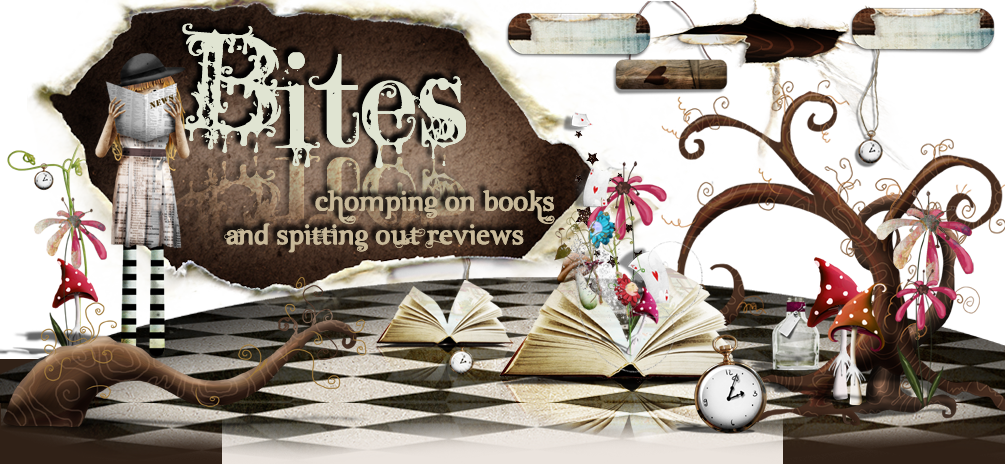 First published in 2007.
First published in 2007."If you ever want to hide from the world, live in a small city, where everyone seems anonymous."
That's the advice of twelve-year old Ariella Montero, who lives with her father in Saratoga Springs, New York, in a house haunted more by secrets than by memories. The Society of S traces her journey south, to Asheville and Savannah, and on to Florida, as she learns that everything she knows about her family is a lie.
When she finds her mother, she learns the truth: Ariella is a fledgling member of the Society of S.
S stands for Sanguinists: a sect of environmentalists concerned with ethics and human rights - although they happen to be vampires. S also stands for synesthete: a person able to see words and letters in colors. The letter S is lucky for Sara, Ariella's mother, who gravitates to cities such as Savannah and Sarasota. But will it be lucky for Ariella?
Susan Hubbard's novel is an intricate literary mystery that raises provocative questions about the way we live now. Ariella's voice will lure you into a world where you'll meet the others among us: vampires who cope with their special nature and need for blood in a variety of ways, ranging from the savage to the mundane to the scientific. (jacket flap blurb)
Environmentalist vampires. That sounded, well, interesting to say the least. The real selling point, though? The hardcover was $5 on the Barnes and Noble bargain rack. Can’t beat that! And I have to say, thank whatever god may exist that that’s all I paid for it. I would have been peeved if it cost any more.
I must have missed the “literary” note in the jacket flap (I skim, it’s highly likely) but, even then, I don’t think the writing in this was good enough to be deemed literary. Not that I think literary is bad, but I would have expected something other than the hype the jacket flap was offering if I had seen that note. This is the second book where I was swayed by the flap and it thoroughly let me down (regardless of my missing the “literary” point).
First off, that very first line in the blurb completely bugs me even as I type this because it’s entirely backwards. Considering that statement is coming from a girl who’s been sheltered her entire life, it’s fitting that she doesn’t know what she’s talking about but since it’s a running motif, it’s bugging me even more. Anonymity doesn’t come in anything small, small cities, small towns, nothing where people can be a little too close. Anonymity comes in major cities because no one gives a damn.Ariella’s journey (and this is not YA, despite the age of the MC) doesn’t start until a little more than halfway into the book (that would be around page 150). Seriously. Everything up until that point is backstory and a pretty pointless lead-up to get her out of the house. It really bothers me when authors use their writing to display just how smart they know they are and this is a prime example of that. The absolutely needless knowledge (not to mention stilted dialogue and inner thoughts) this child has is obviously just a means to express to the reader just how much the author knows, thinly disguised by Ariella’s sheltered and “formal” upbringing by a father with a very prominent stick up his butt.
The whole notion of the Society of S is first mentioned even further into the book and is nothing more than a passing note. I’ll admit, the notion of environmentalist vampires, as explained by the story, makes sense. They’re going to be around for a while so of course they’d want a stake (har har) in the caring for the planet. Really, it does make perfect sense. Too bad, unlike the flap makes it out to be, it’s really just a speck in this rambling smart dump of literature, science and all things unimportant.
The author skims over action in favor of telling. She’s way too concerned with showing the enormously stilted voice of this girl by pumping her own mind into the book and leaving plot and relevance by the wayside. This novel is a prime example of what too much telling can do to a work. I never really got into Ariella’s head, not really. I was told her reactions to things like killing her would-be rapist or to the death of her friend but I wasn’t shown any of it. I felt like I was just kind of hovering over a scene being played out by a bunch of mechanical actors going through the motions until they got to the end.
Being able to see words and letters in colors (using a word that I just can’t get my tongue around) is also a pointless running motif in the story. I have no idea why it’s in there. The notion that the letter S carries weight and allows Ariella to find her mother carries much greater weight but is overshadowed by being able to see colors. I’m still failing to see the point in that other than yet another means for the author to show how much she knows about this rare aspect of humans. Really, it’s pointless. If the concept were removed entirely it would do nothing to the skeleton plot.
The voices of this novel blend into one lump of combined characters. Ariella sounds like her father who sounds like her mother who sounds like every other person present in the story. All of the dialogue was just as stilted, all the information was just as meaningless, all the action was just as flat and emotionless which just made the story as a whole completely empty and devoid of life. I found the actions of this young girl completely unrealistic and she acted the robot the author portrayed her as although I have a strong feeling that wasn’t intentional.
In terms of mystery, there is none. I don’t think there's a single suspenseful sentence let alone an entire novel here filled with mystery, if this book is anything to go by. Suspense and mystery involves something other than brain dumping. It involves character, emotion, life; everything this book is lacking. Unless it's been redefined and I didn't get the memo.
This is a lifeless story that’s constantly on the brink of moralizing and teaching the reader the ills of living one way or another. I don’t want to read that when I’m reading a work of fiction. I don’t give a poo about the authors views on things. If she wants to portray her opinion on such things, do it in an essay, not disguised as a work of fiction. The novel is emotionally void, lifeless and lacks character to the extreme. It falls as limp as overcooked asparagus. It reads like eating a rice cake–it doesn’t necessarily taste good but it’s something even though it’s hardly more substantial than eating nothing.
I’ve honestly never read a more lifeless, empty book. Maybe you can chalk it up to the fact that I’m not too big of a fan of literary work (the high stuff, anyway), or that I’m not this book’s target demographic. Fair enough. But I do know enough about what I’m reading to see the gaping void this book is causing and the limp writing involved between the two covers. It’s almost like the author didn’t want people to get sucked into the story (contrary to what the flap says) but just to have them sit there while they’re talked at. That’s not how I like to spend my time reading.












No comments:
Post a Comment